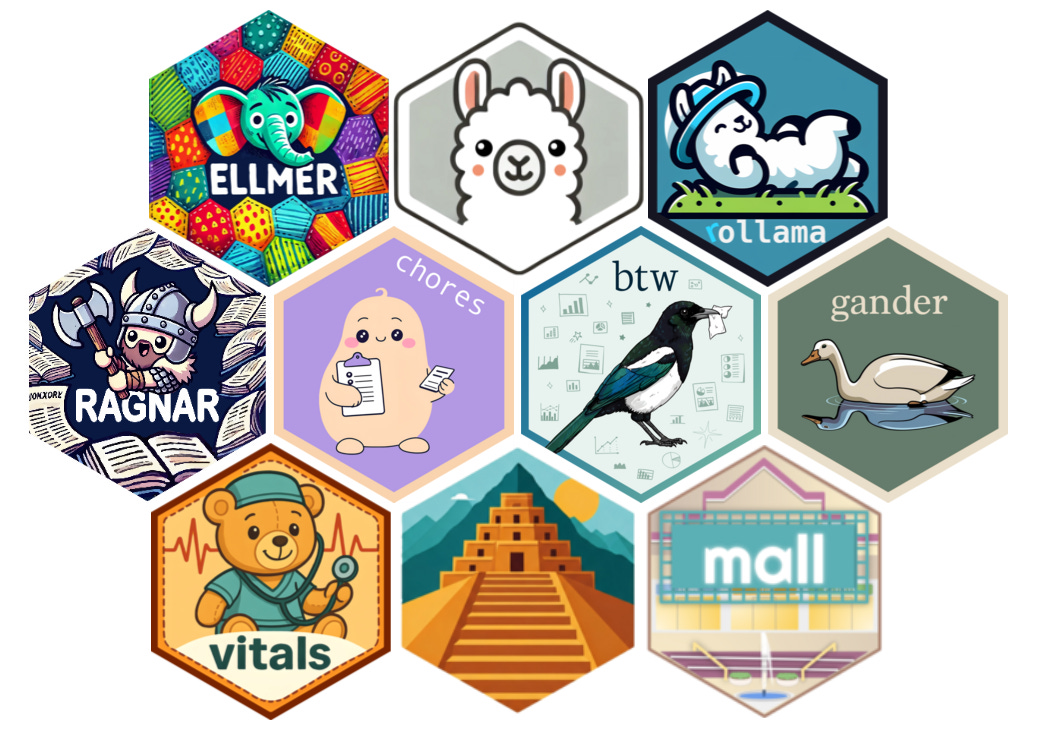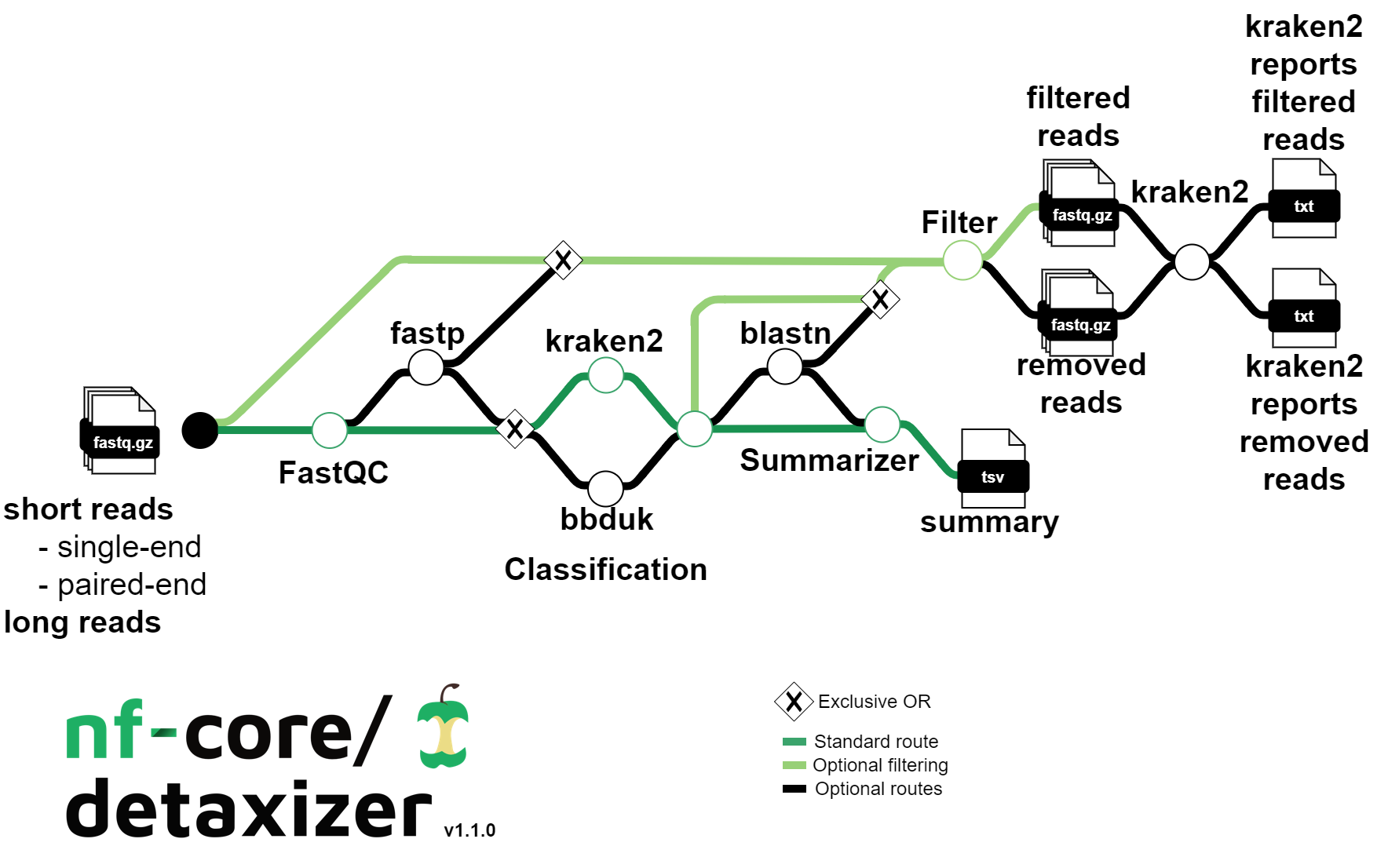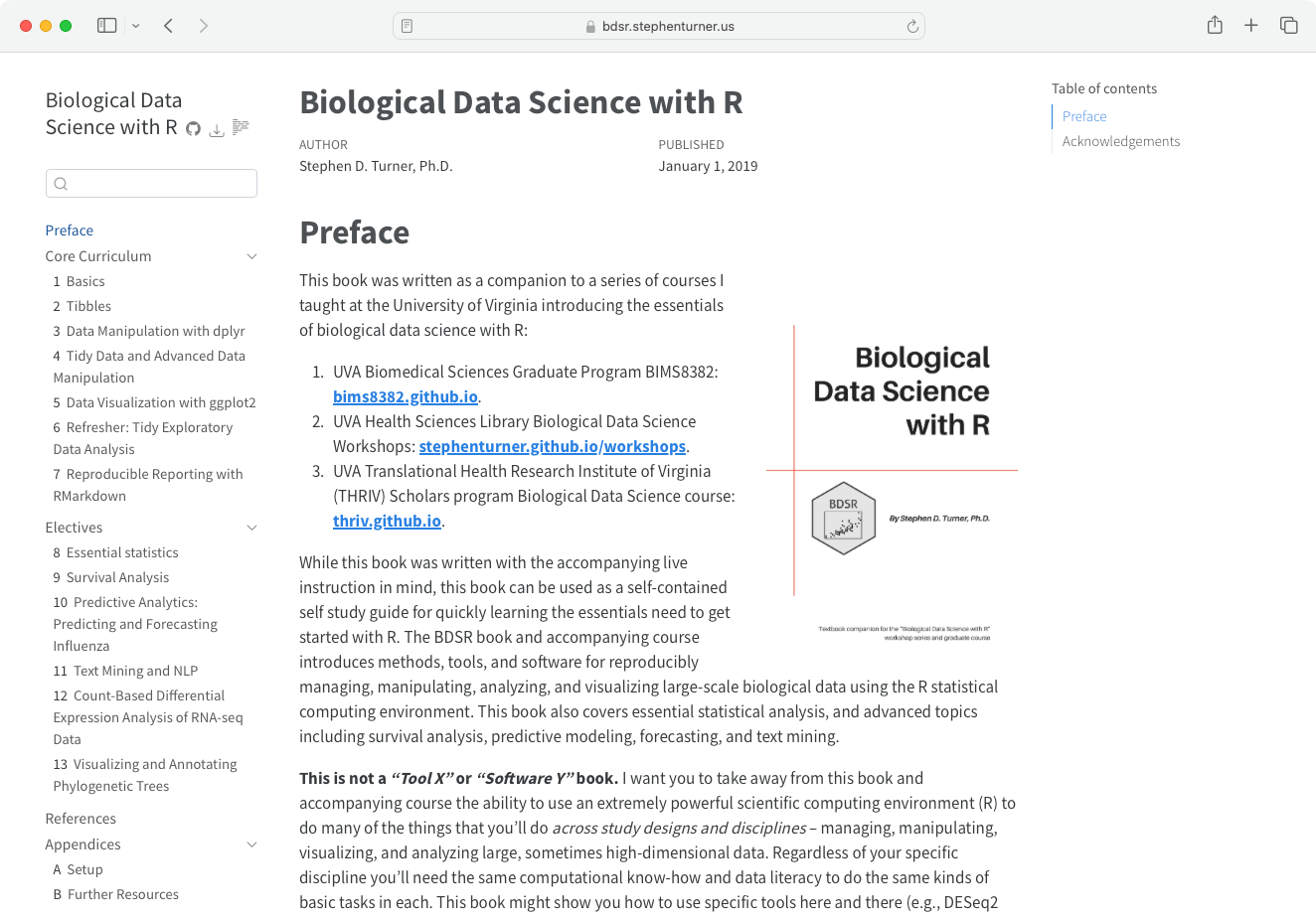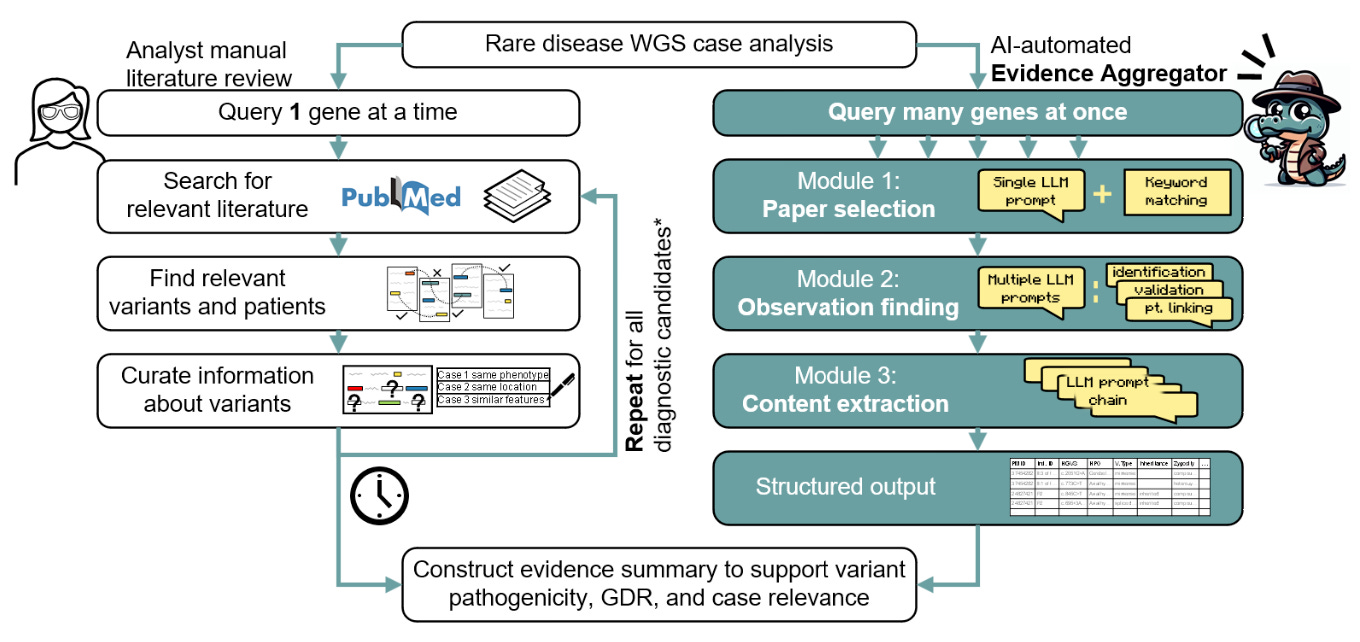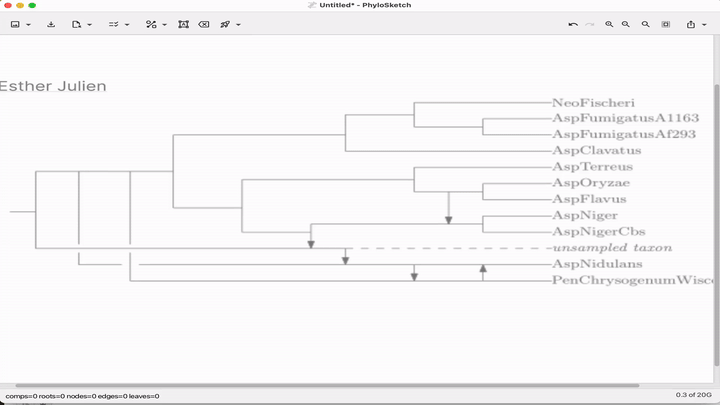
This week’s recap highlights PhyloSketch for interactively drawing and manipulating phylogenies, Uncalled4 for nanopore DNA and RNA modification detection, Severus for SV calling from long reads, CREsted for modeling synthetic cell type-specific enhancers, and a review on transformers and genome language models.
